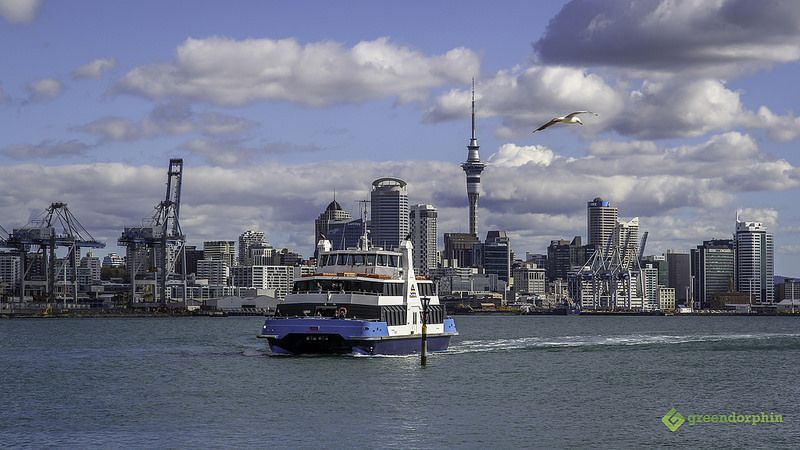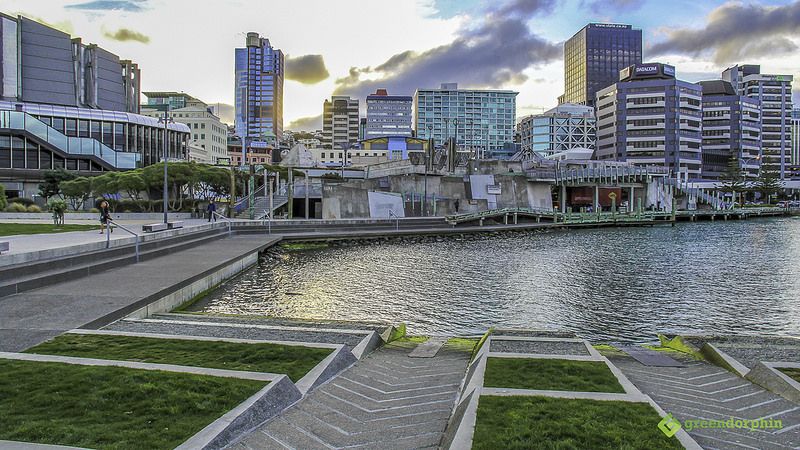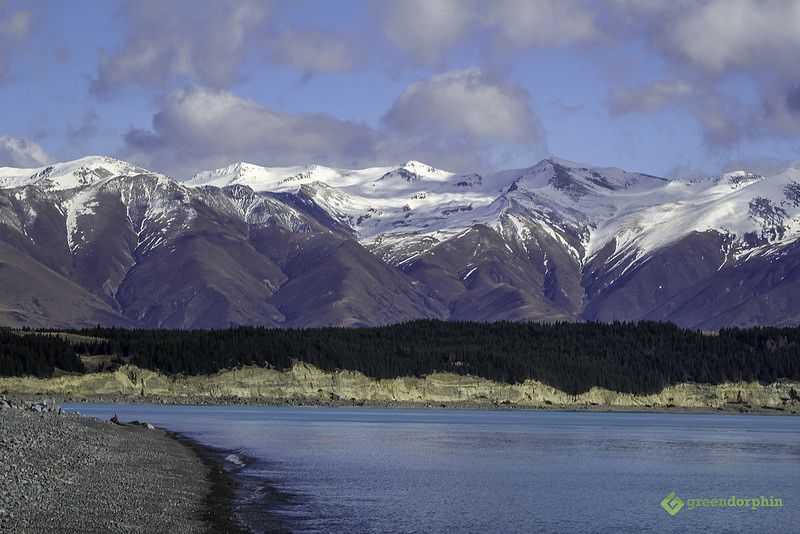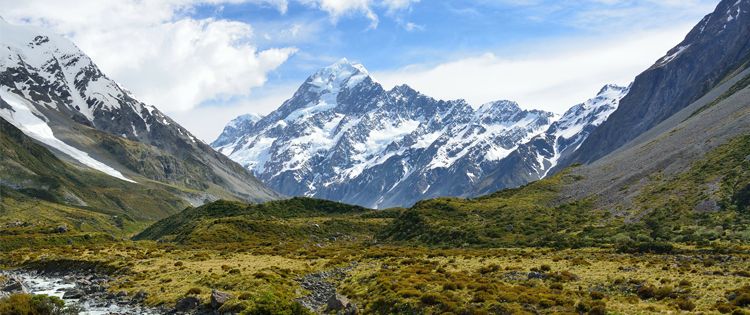A recent poll about Cannabis in New Zealand made it clear how the Kiwis think about marijuana.
This poll revealed that over 80% of New Zealanders support legalizing Cannabis for medical purposes and 64% would prefer to legalize small amounts for personal use.
So it seems that the majority are in favor of Cannabis in New Zealand and even politicians are standing up Associate Health Minister Peter Dunne even stated that “I would’ve voted ‘yes’ in the poll, too”, as quoted by ONE News.

So while New Zealand works towards rapidly legalizing Medical Cannabis, it’s worth a moment to look back at the country’s past relationship with it.
New Zealand, like many first world countries, was influenced by the American Media and has too had its prohibition struggles.
It also has a very interesting history with cannabis which is worth a mention.
So let’s take a look at the past, present, and future of cannabis in New Zealand.
Cannabis Past & Present in New Zealand
The Early Days
Maori people, being the first people to set foot on New Zealand soil, there has been no significant historical findings that can link them with cannabis use. In fact, what is believed is that before Europeans arrived, the Māoris were one of the few cultures in the world that did not use intoxicants of any kind!
So along with tobacco, liquor and caffeine came the introduction of cannabis to their land.
1800s
In the 1800s the British settlers are said to have brought medical cannabis to New Zealand. Both opium and cannabis (marijuana) were used to treat illnesses for many years.
And it’s mentioned that Indian hemp cigarettes were advertised for the treatment of asthma, coughs, and painful menstruation.
1940s
In the 1940’s, New Zealand had the highest rate of heroin use in the world. Shocking I know but it was regarded as a common medical prescription stemming from the use back in the 1800s.
Medical cannabis was still being prescribed for migraines and hypertensive headaches during this time and was used up until the late 1950s.
1960s
What’s interesting to note is that recreational cannabis use was minimal until the mid-1960s. The increased used for the ‘high’ was introduced by the ‘hippie’ culture which sparked police actions.
Finally, the Narcotic Act of 1964 banned the use of Cannabis as a medical treatment along with 100 other substances. It also made a distinction between possession and dealing.
1975
Since 1975 illegal drugs have been classified in three categories:
- Class A (a very high risk of harm)
- Class B (a high risk of harm)
- Class C (a moderate risk of harm)
Cannabis falls under Class C still in today’s legislation and punishment for possession can be a $500 fine to imprisonment for a period.
Many drugs are kept out of New Zealand through the country’s strict border controls.
2011
Good news dawned in New Zealand when Sativex, a cannabinoid medicine approved by Medsafe (NZ medicines regulatory agency) in New Zealand in 2011. This medicine was to be used for treating spasticity caused by multiple sclerosis as well as the development of cancer pain.
This approval also allows patients to visit their GP for a prescription without any need to see an additional specialist. The future is now looking brighter for patients.
But there is a catch…
The concern is that access to Sativex requires certain measures. It needed certain forms, approvals, and paperwork before patients were allowed to use the product.
Besides these technicalities, not everyone will suit the cannabinoid profile of Sativex. This is because cannabis reacts to each person’s body differently. Each and every one of us has a unique endocannabinoid system.
Going the natural route in taking in cannabis would have been better since organic cannabis comes with different strains and different potencies that could cater to a person’s preference.
The bad news, which creates a gray area in the use of Sativex, is that the New Zealand government has never actually approved the use of herbal cannabis for any patient until this day.
The New Zealand Misuse of Drugs Act 1975 contains a provision that prohibits any use of cannabis, unfortunately including very ill patients that are in serious need of medicinal cannabis.
The lighter side of this bleak situation is that the Minister of Health has the power to issue licenses permitting medicinal cannabis use under Section 14 of the same act.
Cannabis in New Zealand Today

It is refreshing to know that in spite of the roadblocks, more than 60 international health organizations are advocating on medicinal cannabis under professional medical supervision to date.
A good model to follow regarding the use of cannabis in New Zealand is yet to be determined. Although there is one model that proves to be promising in the eyes of advocates and lawmakers in the country.
Chris Wilkins, senior researcher at Massey University said that the ‘right way’ towards legalization would be the club model.
The Cannabis club model proved to be very successful in Spain, and we recently checked out the Cannabis clubs in Barcelona ourselves.
Here at Greendorphin, we tend to resonate with the club model as well and here is why it is useful:
Users can join the social club of their choice and have safe legal access to cannabis
- Products sold through clubs will be of high quality with specific doses and will be free of harmful residue
- Clubs are non-profit and will have objectives in places such a providing harm reduction to members
- Cannabis Social Clubs will only be accessible to adults 18 years old and over
- Police can monitor these clubs and overlook any illicit sales done of the premises
Challenges Faced by the Cannabis Community
It is interesting to note that the challenges faced by cannabis use in New Zealand is brought about by the political forces surrounding the events.
#1 There have been no clinical trials conducted in NZ for herbal cannabis.
Argument: Most pharmaceutical medicines don’t have local clinical trials either. The subjectivity, in this case, is a blatant and constant challenge.
#2 Several politicians argue that any medicine that is smoked is not safe.
Argument: No studies have proven that any harm is done in smoking cannabis. Terminally ill patients similarly are most concerned about current suffering and less about potential (if any) lung damage. Vaporizers are already available in the market as a healthier alternative to smoking, examples of vaporizers can be found here.
#3 According to Ministers, there is no ready supply of cannabis.
Argument: medical grade whole herbal cannabis is available in various parts of the world including HortaPharm in Israel, and the UK to mention some and could be readily available if patients were allowed to grow their own supply.
The Resilient Force

Health care professionals and doctors, who should supposedly be involved in the decision-making process of medicinal cannabis use are being limited by a lot of political factors.
The future of medicinal cannabis in New Zealand depends on the capable hands of a medical community, far from a toxic bureaucracy.
New Zealand has marked a little bit of magic on the map, but the reality is far from ideal. It is nonetheless, a comfort to know that in spite of the challenges, the advocacy remains strong.
History says a lot about a nation, and in this case, New Zealand is a resilient force in the fight for cannabis use
Share your thoughts in the comment box below!
- Is Medical Marijuana Better than a Massage - October 19, 2016
- Cannabis in New Zealand - October 18, 2016
- Cannabis for Stress Relief - July 25, 2016


